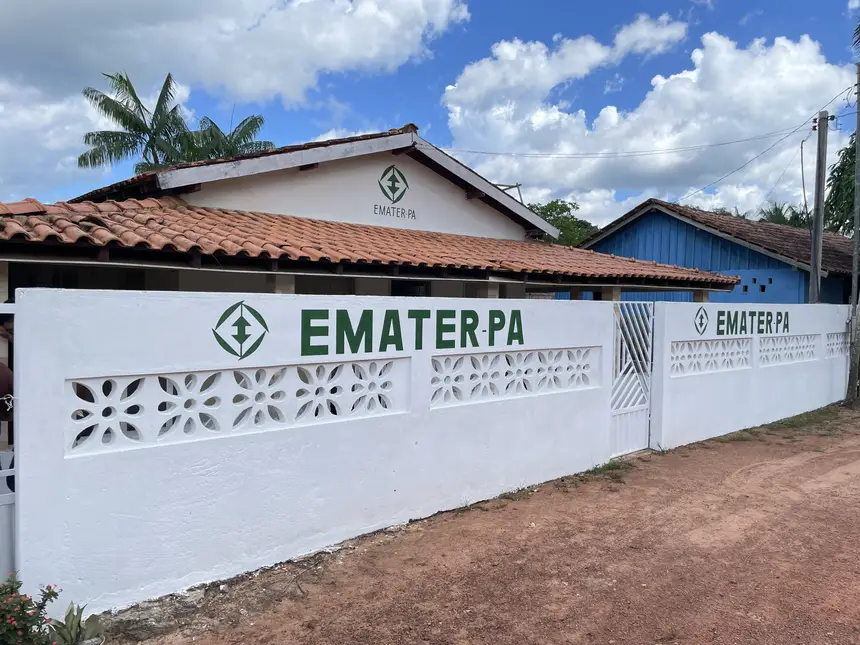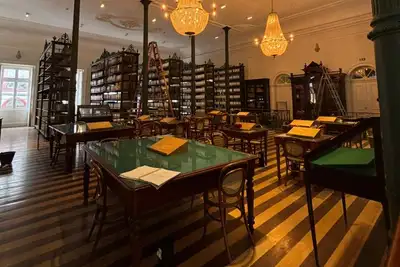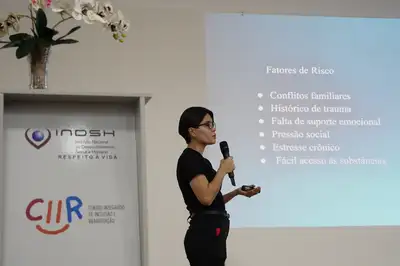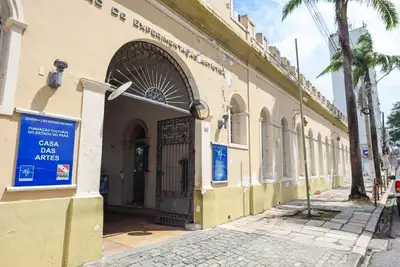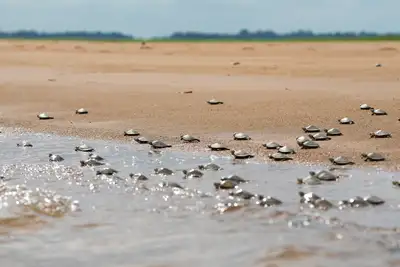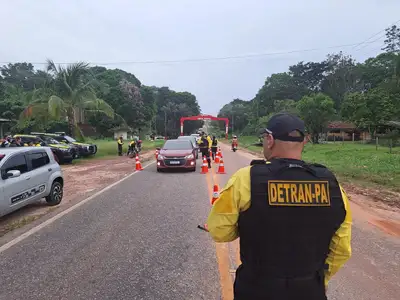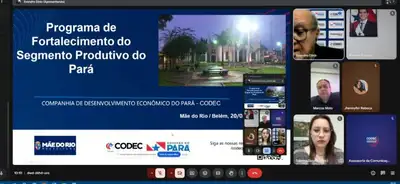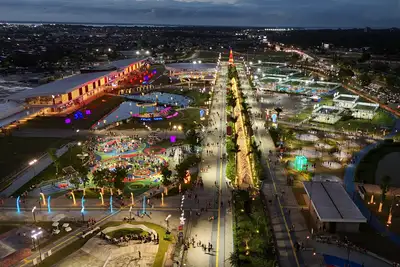Emater creates special posts for services in rural communities
A pilot project was launched this weekend to expand technical assistance to farmers and producers in communities from more remote regions

The Government of Pará, through the Technical Assistance and Rural Extension Company (Emater-Pará), launched this weekend a pilot project for service posts in the rural area, especially in communities far from Emater headquarters, to facilitate assistance to farmers and rural producers throughout the state territory.
The first location to be benefited was the Novo Paraíso Community, in the city of Placas, western Pará. The region is located along BR-163, and the Emater post will integrate rural producers from at least three nearby municipalities.
The initiative was celebrated by producer Francisco Claudemir, a farmer from the Nova Esperança Community, which is near Novo Paraíso. “I raise cows, produce milk, grow rice, beans, a bit of everything, and now with the new post close to my home, it will be very good because we will be able to register and access rural credit, the benefits that Emater and the Government open the doors for us producers,” he stated.

At the ceremony for the delivery of the new location, various authorities from the region and families of farmers participated and celebrated the closer technical support from the public company. A vehicle from the company was also delivered to meet the demands of the new post. As an institutional purpose, through Emater, producers can have easier access to rural extension workers for support in their agricultural productions and in boosting the region's economy.
Productivity and presence at the grassroots - For the president of Emater, Joniel Abreu, it is a commitment of the Government of Pará to go to the grassroots to understand, plan, and create more public policy actions for small producers and help them produce more and better, with technical and specialized resources, to strengthen the economy.
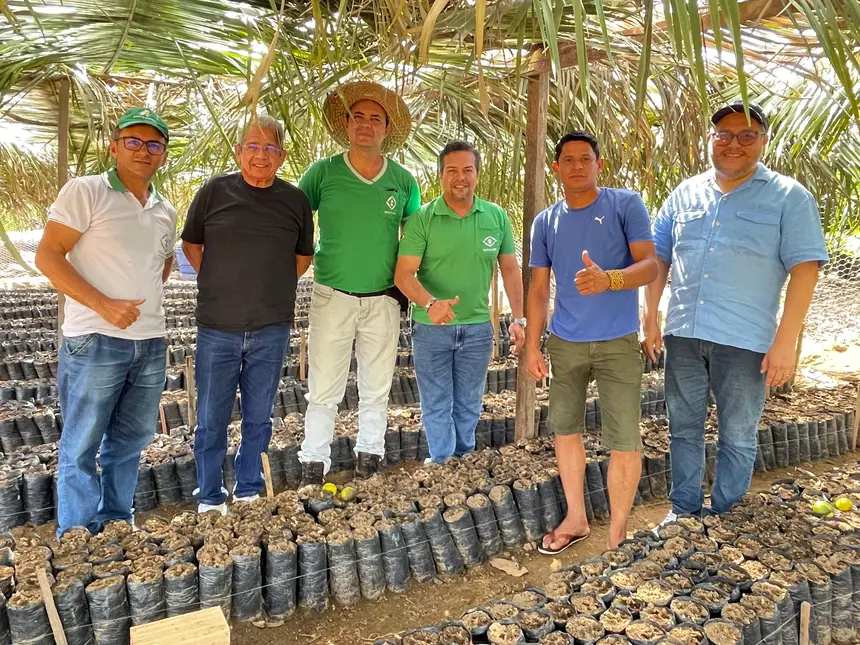
“We noticed that some regions were far from some regional Emater headquarters. We listened to the demands and met with the supervisors to understand and create a strategy in this region. It was with this purpose that we created this Emater service post, to seek this proximity and ensure that these families can be served with our technical assistance and have access to the public policies we offer. This initiative is an order from our governor Helder Barbalho, that we must go to the grassroots, leave the office, and be in the field to design, think, and create public policies, addressing all the specificities of each region,” emphasized Joniel Abreu.
The coordinator responsible for the new post, Ederlan Corrêa, highlighted the work. “The team will be available to start our activities to strengthen the rural producers here in this region and bring the benefits they deserve,” he said.

Indigenous Communities - During the weekend, the president of Emater, Joniel Abreu, announced that more Emater service posts will be created. This time, in Altamira, in the settlement area known as Grande Assurini.
“We went to Altamira and crossed the Xingu River to see up close the work of the indigenous people and how our extension workers interact with them. After dialogues with the region's leaders, we immediately decided to announce the creation of two service posts within the settlement, to serve more effectively and benefit the farmers,” he reinforced.
For the indigenous leader, Jordy Xipaia, the initiative will greatly facilitate access to boost the productive chain of cocoa and livestock in the region. “We are already served by Emater, and the arrival of these two posts here in our land will greatly help with assistance and technical guidance, in a closer and more productive way, bringing benefits to our families,” he concluded.




